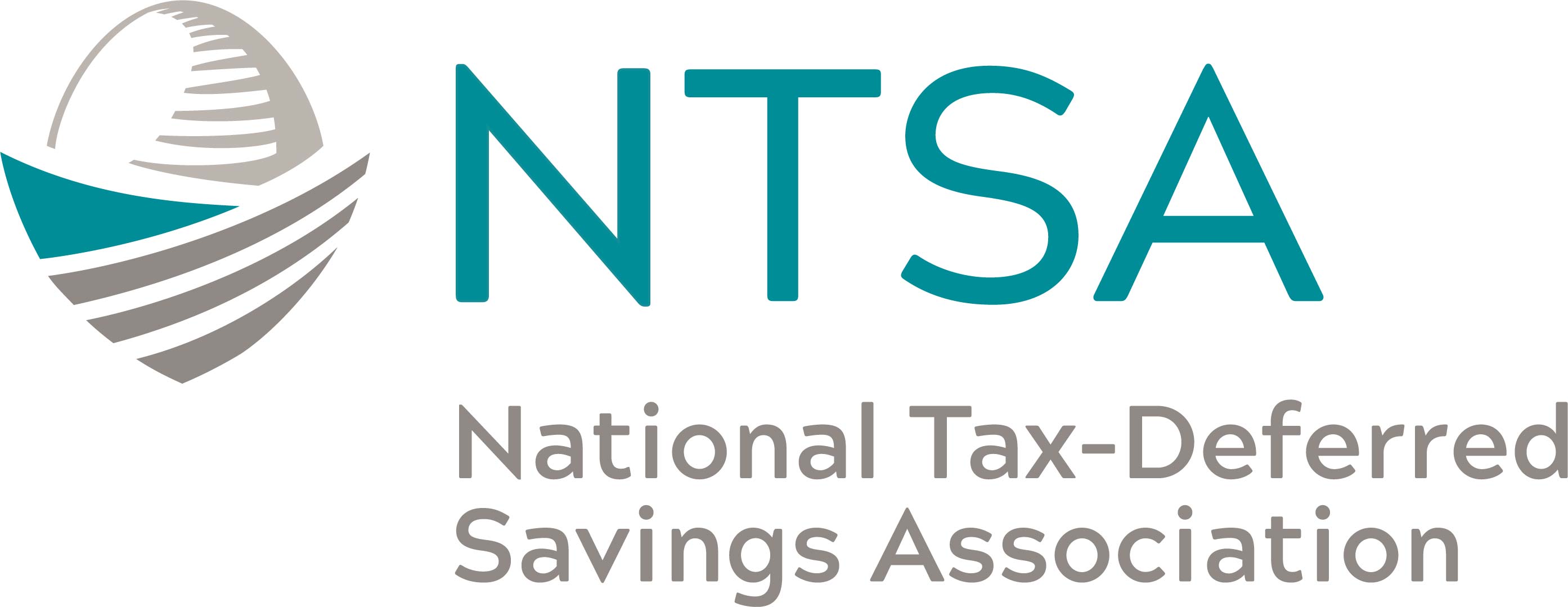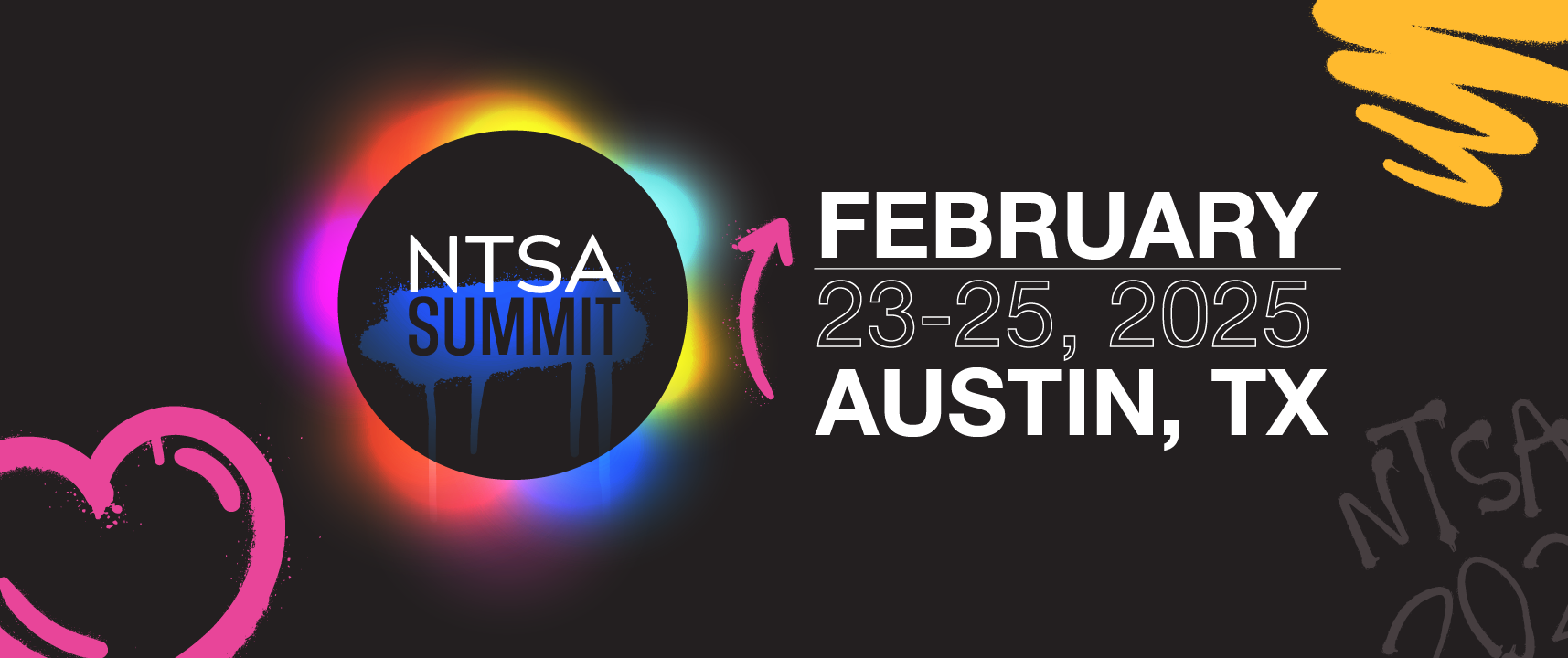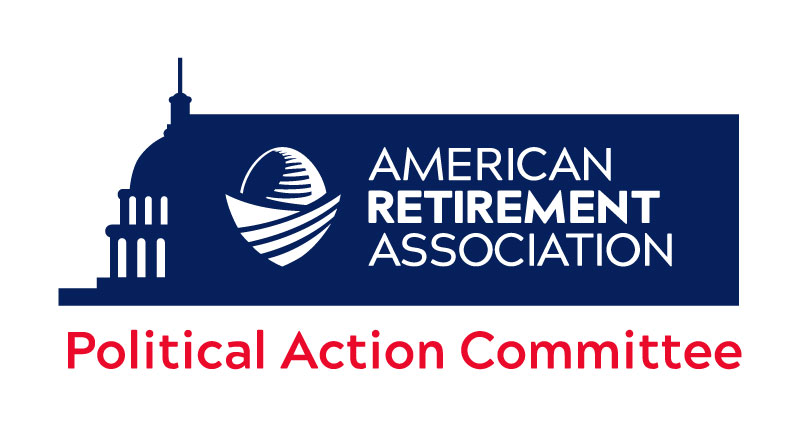Support for permitting collective investment trusts (CITs) in 403(b)s is among the legislative priorities of the American Retirement Association (ARA), said Will Hansen, ARA Chief Government Affairs Officer, in a session of the recent PSCA National Conference.
Other priorities he highlighted included protecting the defined contribution tax preference, permitting Roth IRAs to be rolled into Roth 401(k)s and permitting employers to send a matching contribution to other sources.
Preserving Preferential Tax Treatment
Hansen explained that most provisions within the Tax Cuts and Jobs Act (TCJA) of 2017 are set to expire at the end of this year. Republicans will look to extend and perhaps deepen these tax cuts, and this could make “retirement tax provisions a tempting target” to raise revenue.
“What’s on the table? Everything!” Hansen said. And “retirement policy is tax policy.”
According to Hansen, one rumored proposal that would limit the DC retirement system, would be reducing the pre-tax contribution limit, because “if they decrease that limit, it will raise revenue.”
“There are many levers that can be pulled on one way or another,” Hansen explained, and reducing contribution limits, especially pre-tax limits, is a “constant threat out there” to retirement savers.
Roth IRA Rollovers
Under current law, Roth IRAs cannot be rolled into Roth 401(k) plans. Besides being an odd asymmetry in the system, this policy causes many balances held in state-level auto-IRA accounts to become stranded, since they are normally structured as Roth IRAs. Hansen dubbed these accounts “Roth orphans.”
If a retirement investor has an account in an auto-IRA, and later gets a job with an employer with a DC plan, then they will be unable to roll over their balance, potentially missing on lower fees and the convenience of consolidation.
Hansen explained that the ARA supports permitting Roth IRA rollovers into Roth plans, especially to help account holders in auto-IRA plans.
CITs and 403(b)s
Hansen said that the ARA is continuing to push Congress to pass legislation to allow 403(b) plans to invest in CITs to benefit from the same lower fees that 401(k) plans benefit from. This policy almost passed with SECURE 2.0, but didn’t quite make it.
Employer Choice for Matching Contributions
Lastly, Hansen said that there should be greater flexibility for where an employer match should end up, such as HSA accounts.
“You name the bucket that has some sort of tax favorability,” such as a 529, and employer matches should be permitted to end up there instead of a retirement account, if the employee were to elect it.







